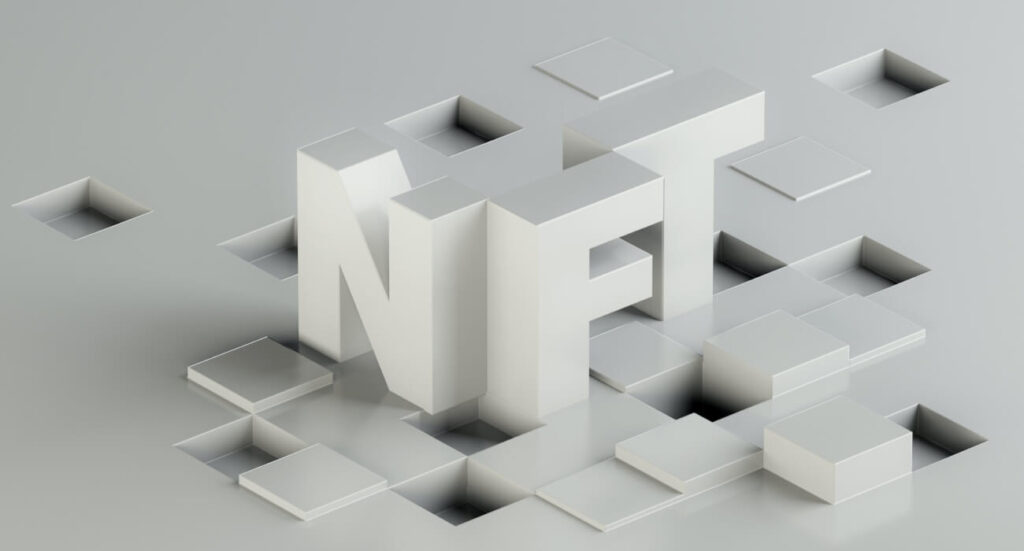The integration of Non-Fungible Tokens (NFTs) into the realm of blockchain technology represents a significant evolution in how we perceive and interact with digital ownership and authenticity. NFTs, at their core, are unique digital assets verified and stored on a blockchain, ensuring their scarcity, provenance, and ownership. Unlike cryptocurrencies like Bitcoin or Ethereum, which are fungible, meaning each unit is the same as every other unit, NFTs are one-of-a-kind, opening up a myriad of possibilities for their use.
The primary role of NFTs in blockchain technology is to provide a secure and immutable proof of ownership for digital assets. This is revolutionary in the digital world, where copying and distributing content is as easy as a few clicks. By leveraging the decentralized nature of blockchain, NFTs ensure that digital items can be “owned” in the same way physical items can, complete with the ability to buy, sell, and trade them in a global marketplace without the need for an intermediary.
The potential uses for NFTs extend far beyond the art world, where they first gained prominence. In gaming, NFTs allow players to truly own in-game items and assets, potentially transferring them between games or selling them to other players. In the world of music and entertainment, artists can sell unique digital merchandise or experiences directly to fans. NFTs also have applications in identity verification, with the possibility of using them to secure digital identities in a way that is both verifiable and privacy-preserving.
Moreover, NFTs can play a significant role in the tokenization of real-world assets, from real estate to collectibles, making these markets more accessible and liquid. This could democratize access to investment opportunities and create a more inclusive economic landscape.
However, the burgeoning NFT space is not without its challenges, including concerns about environmental impact, copyright issues, and market volatility. Despite these challenges, the potential of NFTs to redefine digital ownership and open up new avenues for creators, investors, and users alike is undeniably vast. As blockchain technology continues to evolve, the role and applications of NFTs are likely to expand, further embedding them into the fabric of the digital economy.

